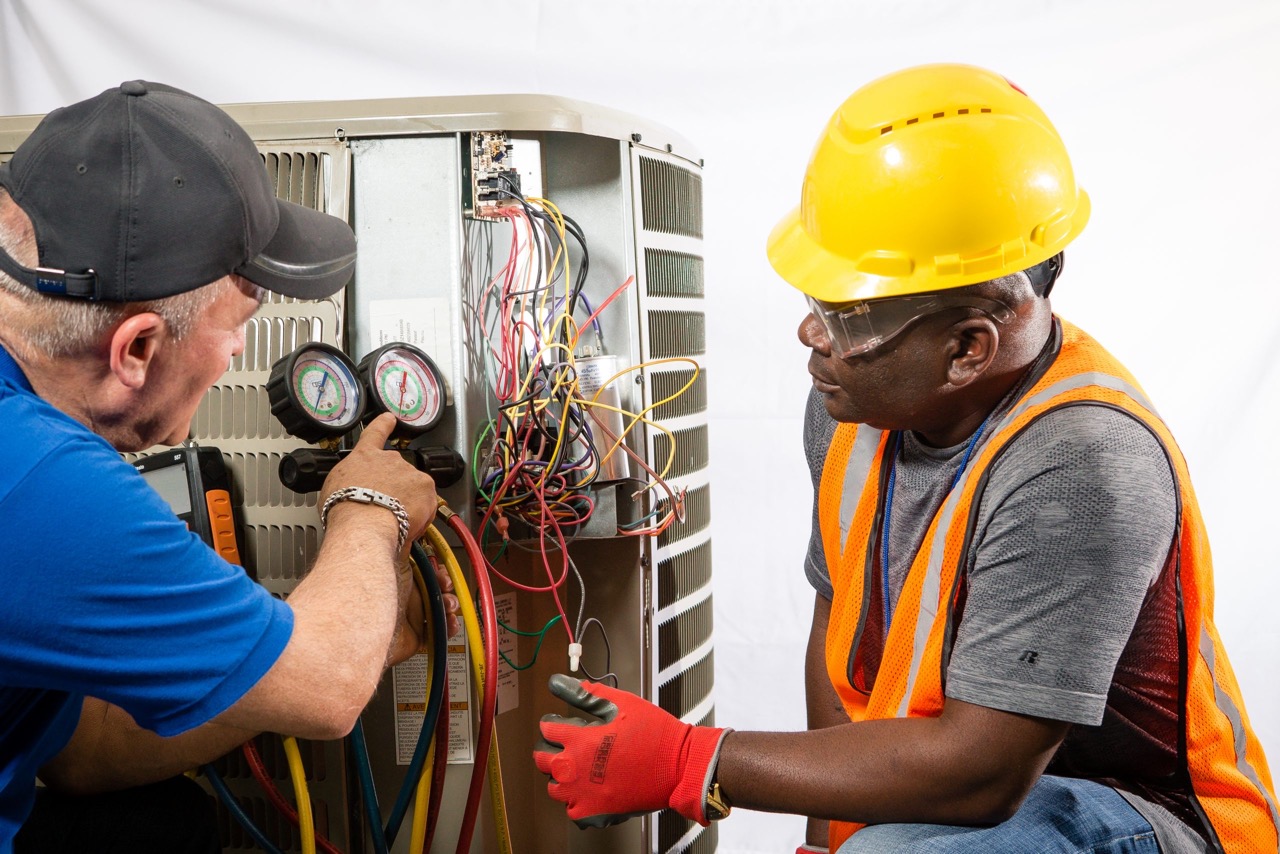

Articles
How Much Do Commercial HVAC Technicians Make
Modified: December 7, 2023
Discover articles about the salary range of commercial HVAC technicians and explore how much they earn in this in-demand field. Get insights and answers now!
(Many of the links in this article redirect to a specific reviewed product. Your purchase of these products through affiliate links helps to generate commission for Storables.com, at no extra cost. Learn more)
Introduction
Commercial HVAC technicians play a critical role in maintaining and repairing heating, ventilation, and air conditioning systems in commercial buildings. As businesses rely on HVAC systems for comfortable work environments, the demand for skilled technicians continues to grow. If you’re considering a career as a commercial HVAC technician, one important aspect to consider is the potential salary you could earn in this field.
In this article, we will explore the factors that can influence a commercial HVAC technician’s salary, the average salary range for entry-level and experienced technicians, as well as additional factors that can impact earning potential. Let’s delve into the world of commercial HVAC technician salaries and discover if this career path offers a lucrative financial opportunity.
Key Takeaways:
- Commercial HVAC technicians can earn competitive salaries ranging from $30,000 to $75,000 annually, with potential for six-figure incomes based on experience, specialization, and market demand. Investing in education and specialized skills can maximize earning potential.
- The job outlook for commercial HVAC technicians is promising, driven by the increasing demand for energy-efficient systems, system upgrades, and routine maintenance in commercial buildings. Technicians with expertise in advanced technologies will be in high demand.
Read more: What Does An HVAC Technician Do
Factors Affecting HVAC Technician Salaries
Several factors contribute to the variation in salaries for commercial HVAC technicians. These factors can include:
- Experience: One of the most significant factors affecting HVAC technician salaries is the level of experience. Entry-level technicians typically start at a lower salary, while those with several years of experience can command higher wages.
- Education and Certification: Formal education and industry certification can also impact salary levels. Technicians with degrees and certifications from reputable programs often have an advantage in the job market and may earn higher salaries as a result.
- Location: The geographic location of the job can greatly influence HVAC technician salaries. Areas with a higher cost of living or high demand for HVAC services are likely to offer higher wages.
- Specialization: HVAC technicians can specialize in various areas, such as commercial installations, maintenance, or repairs. Technicians with specialized skills or knowledge may have higher earning potential due to their expertise.
- Company Size and Type: The size and type of the company can also impact salaries. Larger corporations or high-profile commercial HVAC companies may have more resources to offer competitive wages.
- Market Demand: Supply and demand also play a role in HVAC technician salaries. Areas with a high demand for HVAC services but limited availability of skilled technicians may drive up wages.
It’s essential to consider these factors when evaluating potential salaries in the commercial HVAC industry. Being aware of the various elements that can influence earnings can assist in making informed decisions about career development and salary negotiations.
Average Salary of Commercial HVAC Technicians
The average salary of commercial HVAC technicians can vary depending on several factors, including experience, location, and industry demand. According to the U.S. Bureau of Labor Statistics (BLS), the median annual wage for HVAC technicians, including those in the commercial sector, was $50,590 as of May 2020.
It’s important to note that this figure represents a general average and may not reflect the specific earnings potential for commercial HVAC technicians. To get a clearer picture of the average salary in this field, it’s beneficial to consider data from industry-specific sources, such as HVAC trade associations and job market analyses.
Based on these sources, the average annual salary for commercial HVAC technicians can range from $45,000 to $75,000, depending on factors such as experience, certifications, and location. Some technicians with advanced skills and qualifications can earn well above the average range, reaching six-figure salaries.
It’s worth mentioning that salary can also be influenced by the type of commercial HVAC work performed. Installing new systems, conducting maintenance, or providing emergency repairs all come with different compensation levels. Additionally, working for specialized sectors, such as healthcare or data centers, may offer higher salaries due to the specific demands and expertise required.
Overall, commercial HVAC technicians have the potential to earn a competitive salary within the HVAC industry, especially with the right combination of experience, skills, and market demand.
Salary Range for Entry-Level Commercial HVAC Technicians
Entry-level commercial HVAC technicians typically start their careers with lower salaries compared to more experienced technicians. However, the salary range for entry-level technicians can still provide a solid foundation for career growth and advancement.
On average, entry-level commercial HVAC technicians can expect to earn an annual salary ranging from $30,000 to $45,000. This range may vary depending on factors such as geographic location, company size, and industry demand.
Several factors contribute to the variation in entry-level salaries. For example, technicians in high-demand locations or industries may receive higher starting salaries to attract talent. Additionally, those who have completed formal HVAC training programs or hold industry certifications may have a competitive edge in negotiating higher salaries.
While entry-level salaries may be relatively modest, it’s important to keep in mind that HVAC technicians have opportunities for career advancement and salary growth. Gaining experience, acquiring additional skills and certifications, and consistently delivering high-quality work can lead to increased earnings over time.
Entry-level HVAC technicians should also consider the fringe benefits and perks that employers may offer. These could include health insurance, retirement plans, paid time off, and opportunities for professional development.
By starting their career as an entry-level commercial HVAC technician, individuals can gain valuable hands-on experience and lay the foundation for a successful and lucrative career in the field.
Commercial HVAC technicians can make a good income, with the average salary ranging from $45,000 to $75,000 per year. However, this can vary based on experience, location, and specific employer.
Salary Range for Experienced Commercial HVAC Technicians
Experienced commercial HVAC technicians with several years of industry knowledge and a track record of successful work have the potential to earn higher salaries compared to entry-level technicians. As technicians gain more experience and expertise, their earning potential increases.
The salary range for experienced commercial HVAC technicians can vary widely, depending on factors such as location, specialization, and the size of the company. On average, experienced technicians can expect to earn an annual salary between $45,000 and $75,000.
Experienced technicians who have honed in-demand skills or pursued advanced certifications may have even higher earning potential. Specialty areas such as systems design, energy efficiency, or complex HVAC installations can command higher salaries due to the specialized knowledge and expertise required.
Additionally, technicians who work for larger companies or in high-demand regions may have access to better salary packages and benefits. These companies may offer attractive compensation packages to retain experienced technicians and incentivize their expertise.
Aside from their base salaries, experienced commercial HVAC technicians may also have opportunities for advancement or career growth within their companies. This can include positions such as HVAC project managers, supervisors, or instructors, which often come with additional responsibilities and higher salaries.
It’s important for experienced technicians to regularly update their skills and knowledge to stay competitive in the industry and maximize their earning potential. Continued education, attending industry conferences, and staying informed about the latest advancements in HVAC technology can open doors to higher-paying opportunities in the field.
By consistently improving their skills and experience, experienced commercial HVAC technicians can position themselves for greater financial rewards and job satisfaction in their careers.
Read more: How Do I Become A HVAC Technician
Additional Factors Influencing HVAC Technician Salaries
While experience and education play significant roles in determining HVAC technician salaries, several other factors can influence earning potential in this field.
- Specialized Skills: HVAC technicians who possess specialized skills, such as knowledge of specific HVAC systems or advanced troubleshooting abilities, may command higher salaries. These technicians bring unique value to their employers and are often in high demand.
- Industry Certifications: Holding industry certifications, such as the NATE (North American Technician Excellence) certification, can increase earning potential for HVAC technicians. Certifications demonstrate a technician’s expertise and commitment to professional development, making them more desirable to employers.
- Continuing Education: Technicians who actively pursue continuing education and stay up-to-date with the latest industry trends and technologies may have an advantage in the job market. Employers value technicians who show a commitment to self-improvement and may be willing to offer higher salaries as a result.
- Union Membership: In some regions, HVAC technicians who are members of trade unions may enjoy higher salaries due to collective bargaining agreements. Unions negotiate fair wages and benefits on behalf of their members, ensuring that technicians receive competitive compensation.
- Job Complexity: Commercial HVAC technicians who work on complex and intricate systems, such as those found in large office buildings or industrial facilities, may earn higher salaries. The increased technical knowledge and expertise required for these jobs warrant higher compensation.
- Work Hours and Overtime: HVAC technicians who are willing to work irregular hours, including weekends, evenings, and holidays, often receive additional compensation. Overtime pay can significantly increase a technician’s earnings.
It’s important for HVAC technicians to consider these additional factors when assessing their earning potential. By investing in professional development, acquiring specialized skills and certifications, and being open to flexible work schedules, technicians can increase their market value and maximize their salaries in the HVAC industry.
Job Outlook for Commercial HVAC Technicians
The job outlook for commercial HVAC technicians is promising, with strong demand expected in the coming years. As businesses continue to prioritize energy efficiency and environmental sustainability, the need for skilled technicians to install, maintain, and repair commercial HVAC systems is expected to grow.
The U.S. Bureau of Labor Statistics projects a 4% growth in employment for HVAC technicians from 2019 to 2029, which is in line with the average for all occupations. This growth is driven by factors such as the increasing complexity of HVAC systems, the need for system upgrades and replacements, and the emphasis on energy efficiency and indoor air quality.
One of the factors contributing to the positive job outlook is the increasing adoption of advanced HVAC technologies. High-efficiency systems, automation, and environmental controls are becoming more prevalent in commercial buildings. Technicians with the skills and knowledge to work with these advanced technologies will be in high demand.
In addition to system upgrades and advancements, the construction of new commercial buildings also contributes to the demand for HVAC technicians. As the construction industry continues to thrive, there will be a need for skilled technicians to install HVAC systems in these new structures.
Another aspect that influences job opportunities for commercial HVAC technicians is the need for routine maintenance and repairs. Regular maintenance is essential for ensuring the longevity and optimal performance of HVAC systems. Experienced technicians who specialize in maintenance and diagnostics will find ample employment opportunities in this area.
The job outlook for commercial HVAC technicians may vary by region. Areas with a higher concentration of commercial buildings and robust economic activity are likely to offer more job opportunities. It can be advantageous for technicians to consider relocating to areas with favorable job prospects, although the demand for HVAC services is generally present across different geographic locations.
Overall, the job outlook for commercial HVAC technicians is encouraging. As the need for energy-efficient and well-maintained commercial HVAC systems continues to grow, skilled technicians will be in demand to fulfill these requirements.
Conclusion
As the demand for commercial HVAC services continues to rise, the career prospects for HVAC technicians remain promising. While salaries for commercial HVAC technicians can vary based on factors such as experience, location, and specialization, this field offers the potential for a competitive income and opportunities for career growth.
Factors such as experience, education, specialized skills, and industry certifications play significant roles in determining HVAC technician salaries. Entry-level technicians can typically expect to earn an annual salary ranging from $30,000 to $45,000, while experienced technicians can earn between $45,000 and $75,000 per year. Technicians with advanced qualifications and expertise may even earn six-figure salaries.
Other factors, such as job complexity, union membership, and continuing education, can also impact HVAC technician salaries. Technicians who stay up-to-date with industry advancements, acquire specialized skills, and are willing to work irregular hours may find increased earning potential.
Additionally, the job outlook for commercial HVAC technicians is positive. The increasing demand for energy-efficient systems, system upgrades, and routine maintenance in commercial buildings contributes to a growing need for skilled technicians. As businesses prioritize environmental sustainability and indoor air quality, the demand for HVAC technicians with expertise in advanced technologies will continue to rise.
It’s important for aspiring HVAC technicians to invest in their education and professional development to stay competitive in this evolving field. Pursuing industry certifications, gaining specialized skills, and staying informed about the latest advancements in HVAC technology are all essential for maximizing earning potential and job opportunities.
In conclusion, a career as a commercial HVAC technician offers a solid income, job security, and opportunities for advancement. By acquiring the necessary skills, staying updated with industry trends, and delivering high-quality work, HVAC technicians can excel in their careers and enjoy the rewards that come with it.
Frequently Asked Questions about How Much Do Commercial HVAC Technicians Make
Was this page helpful?
At Storables.com, we guarantee accurate and reliable information. Our content, validated by Expert Board Contributors, is crafted following stringent Editorial Policies. We're committed to providing you with well-researched, expert-backed insights for all your informational needs.
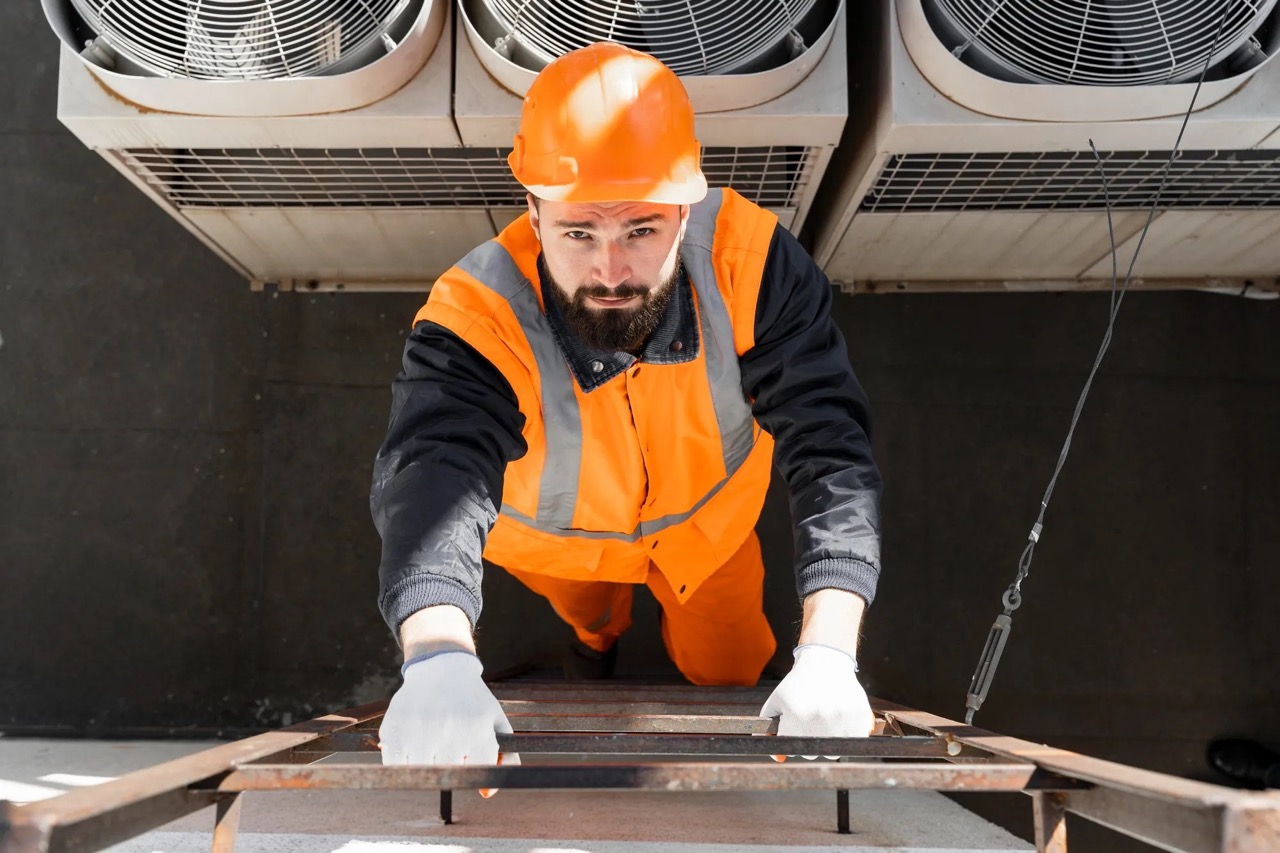
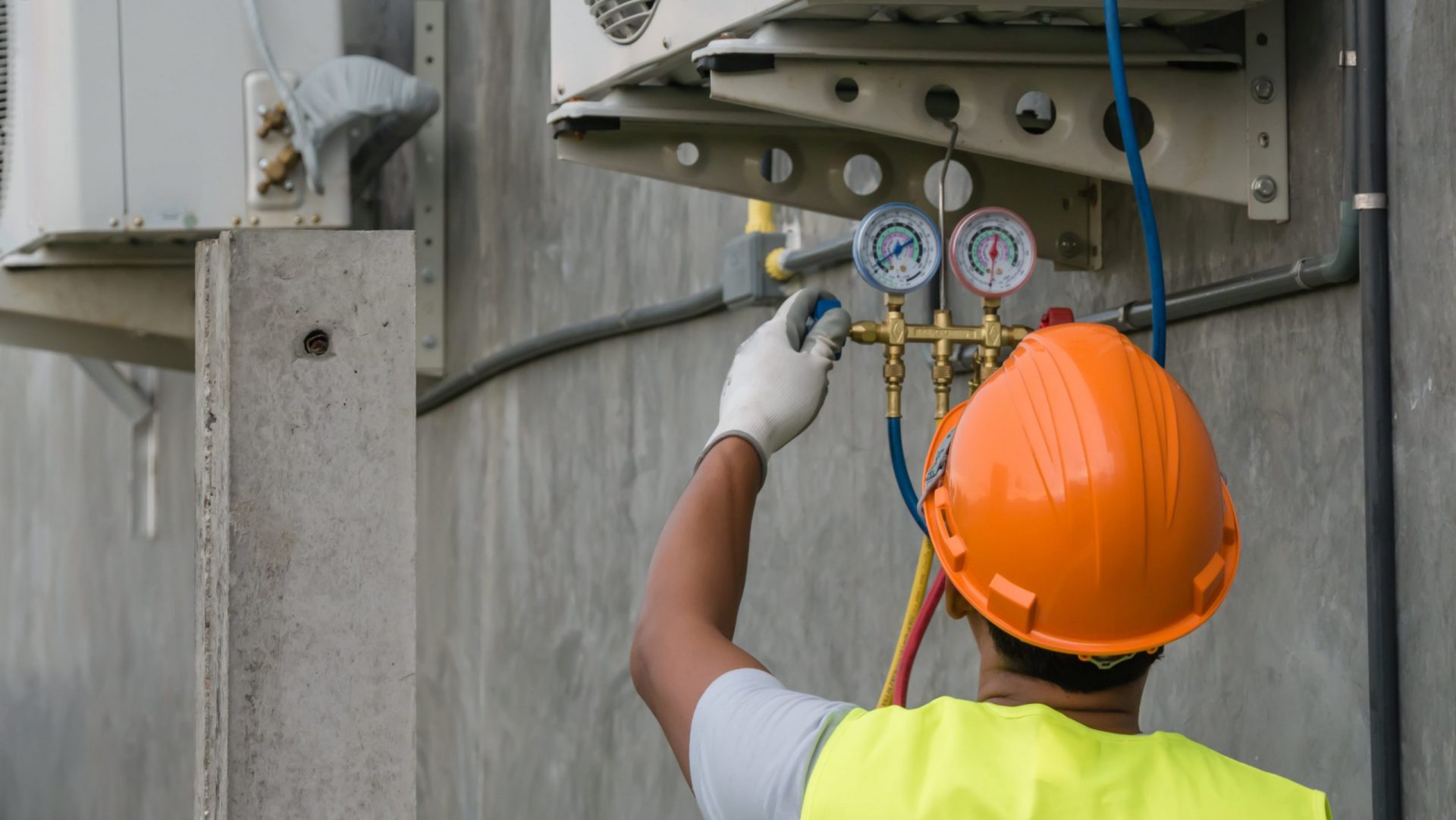
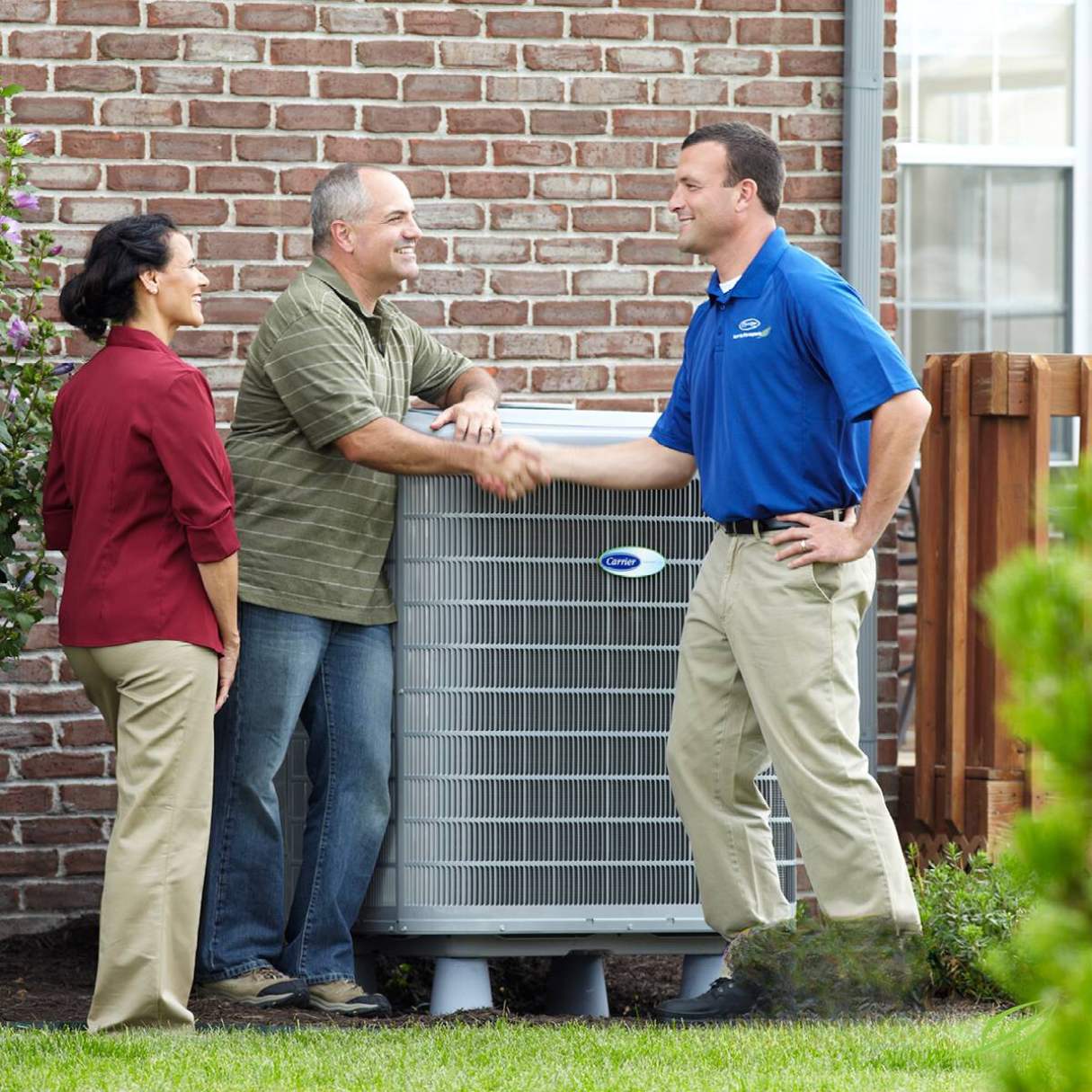
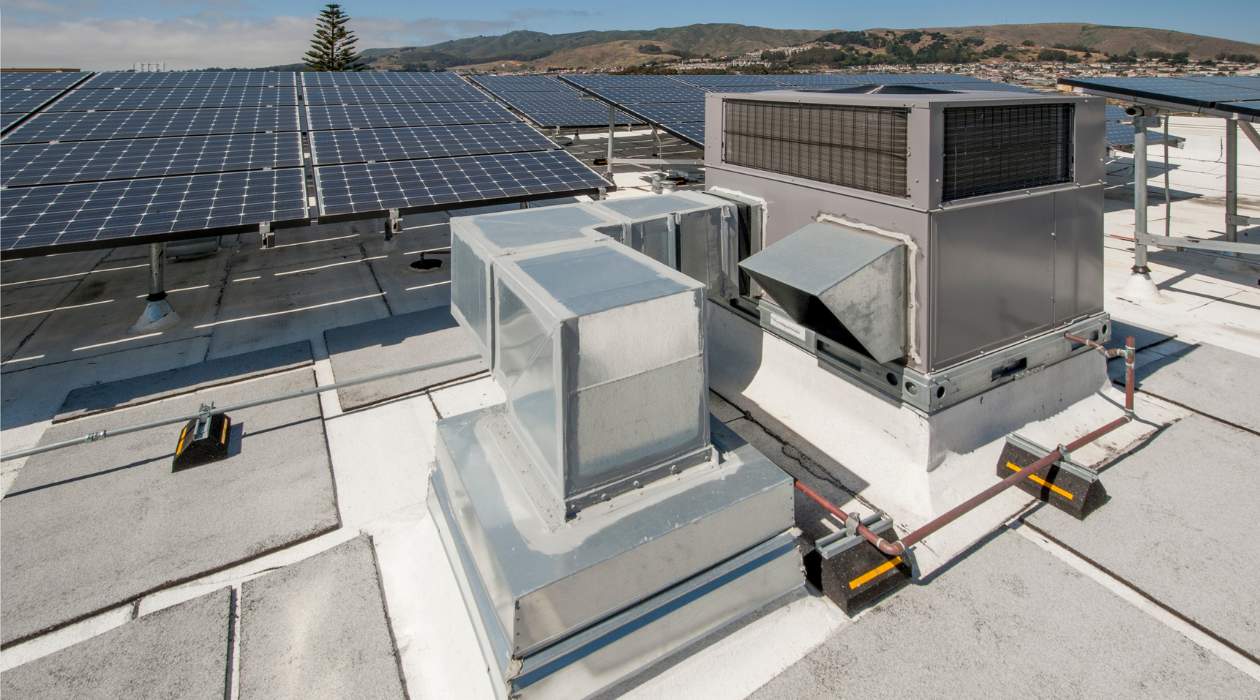
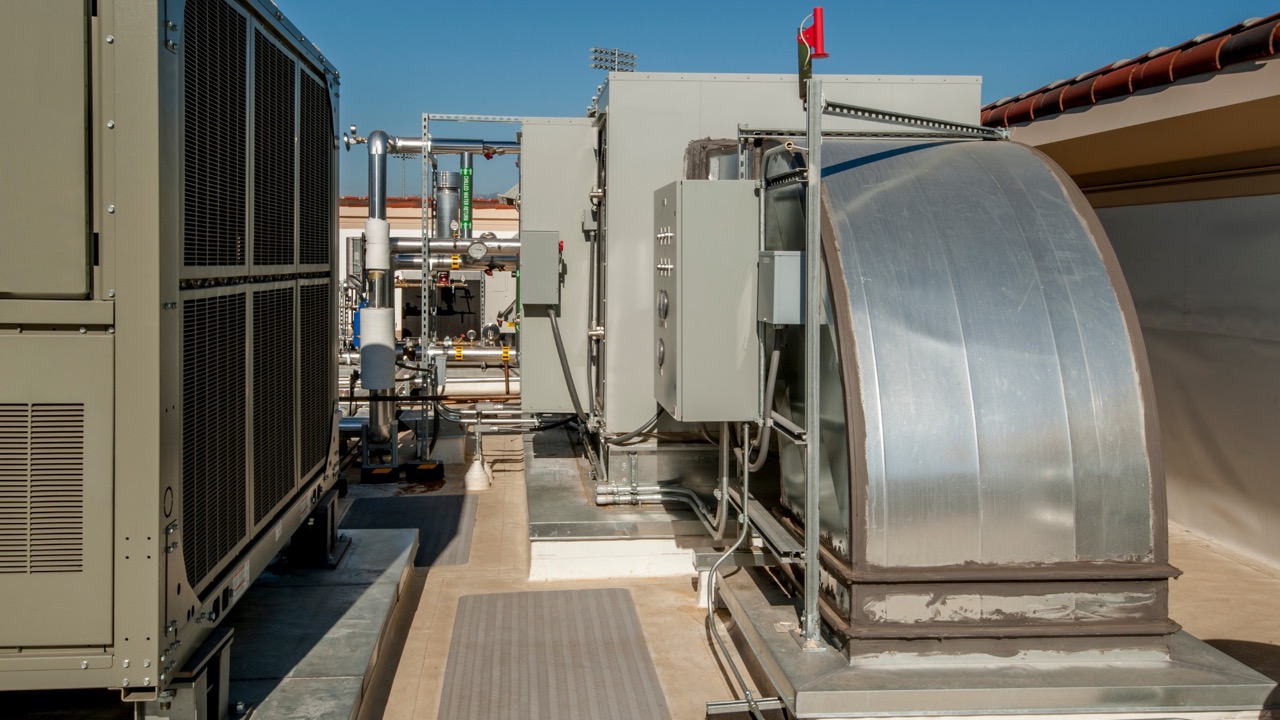


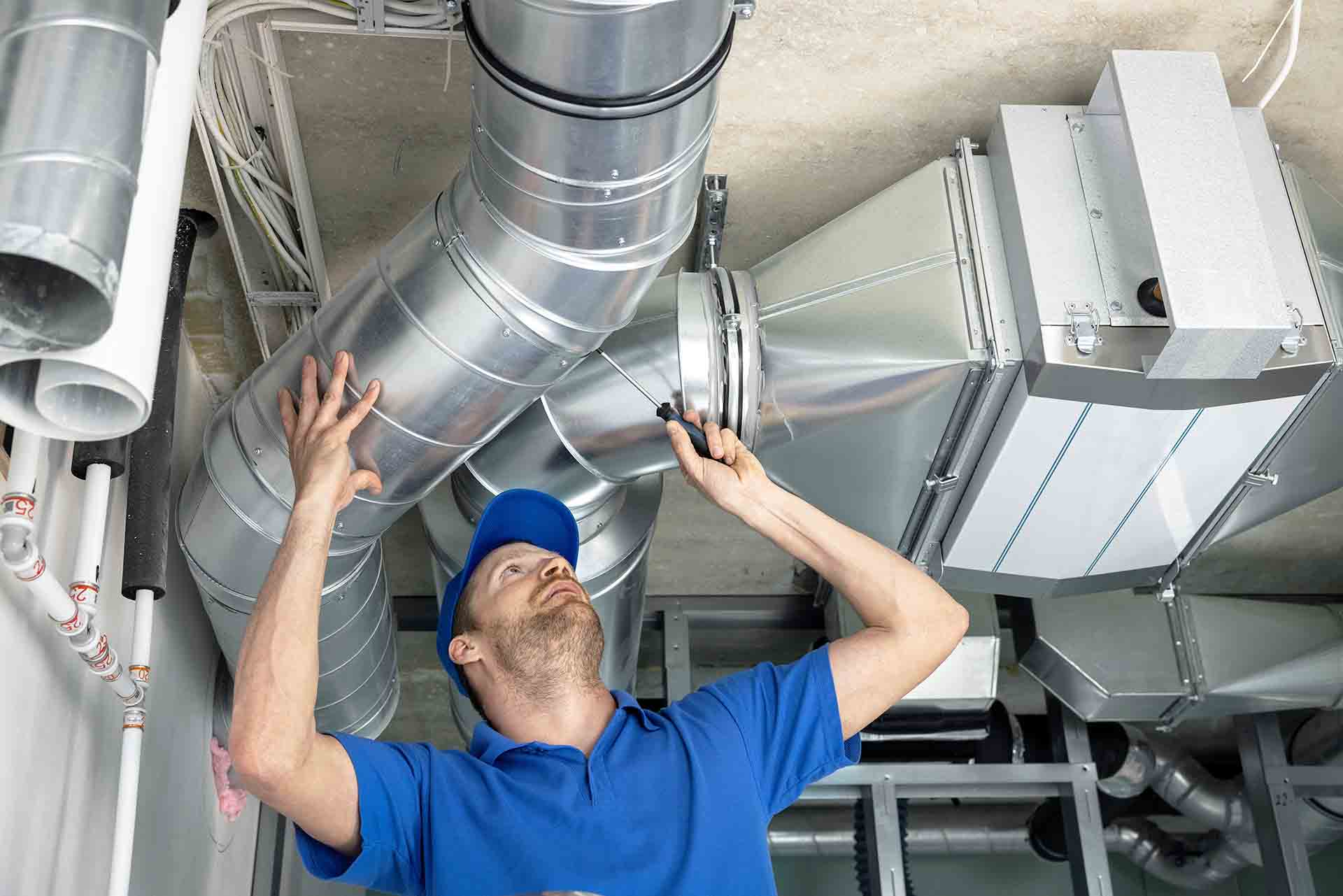
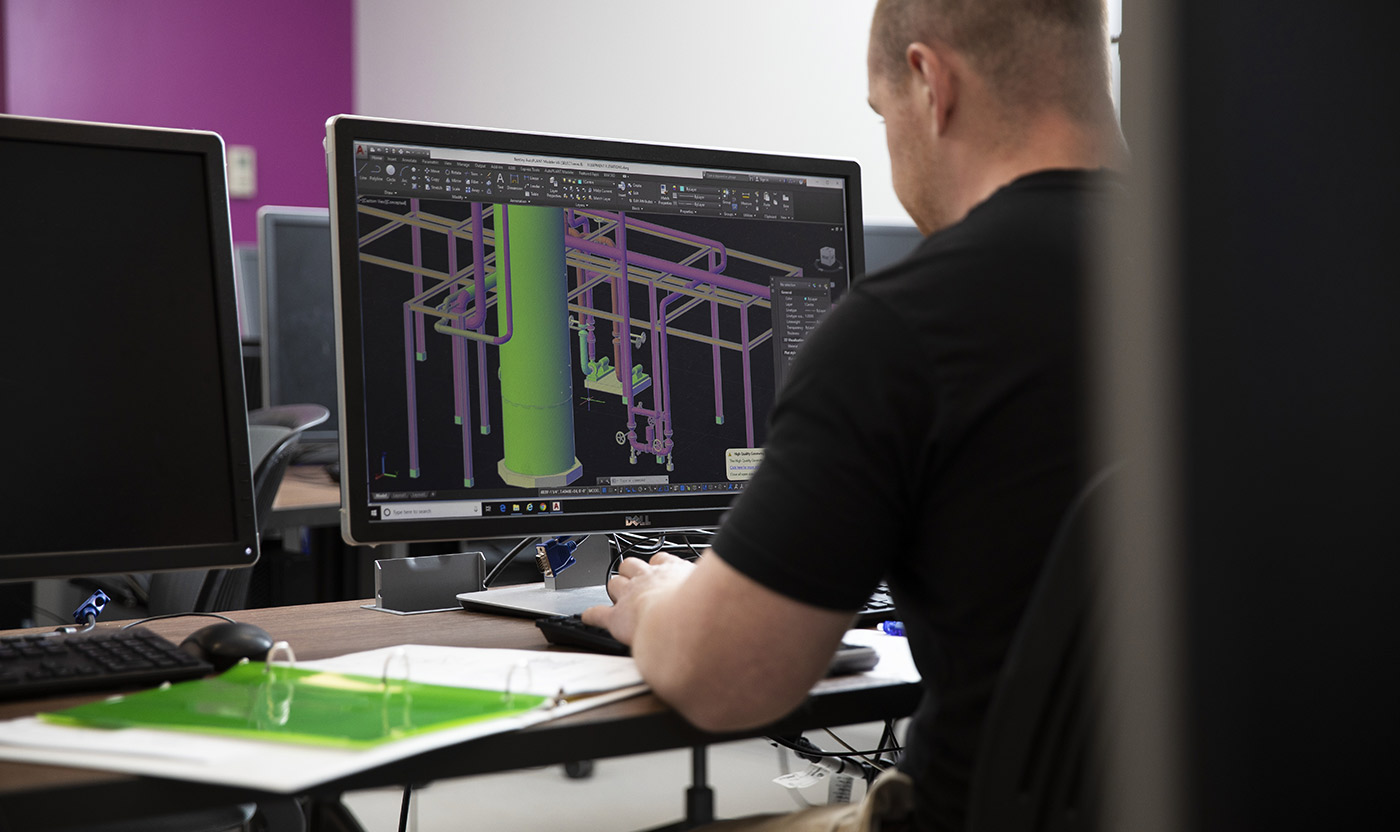
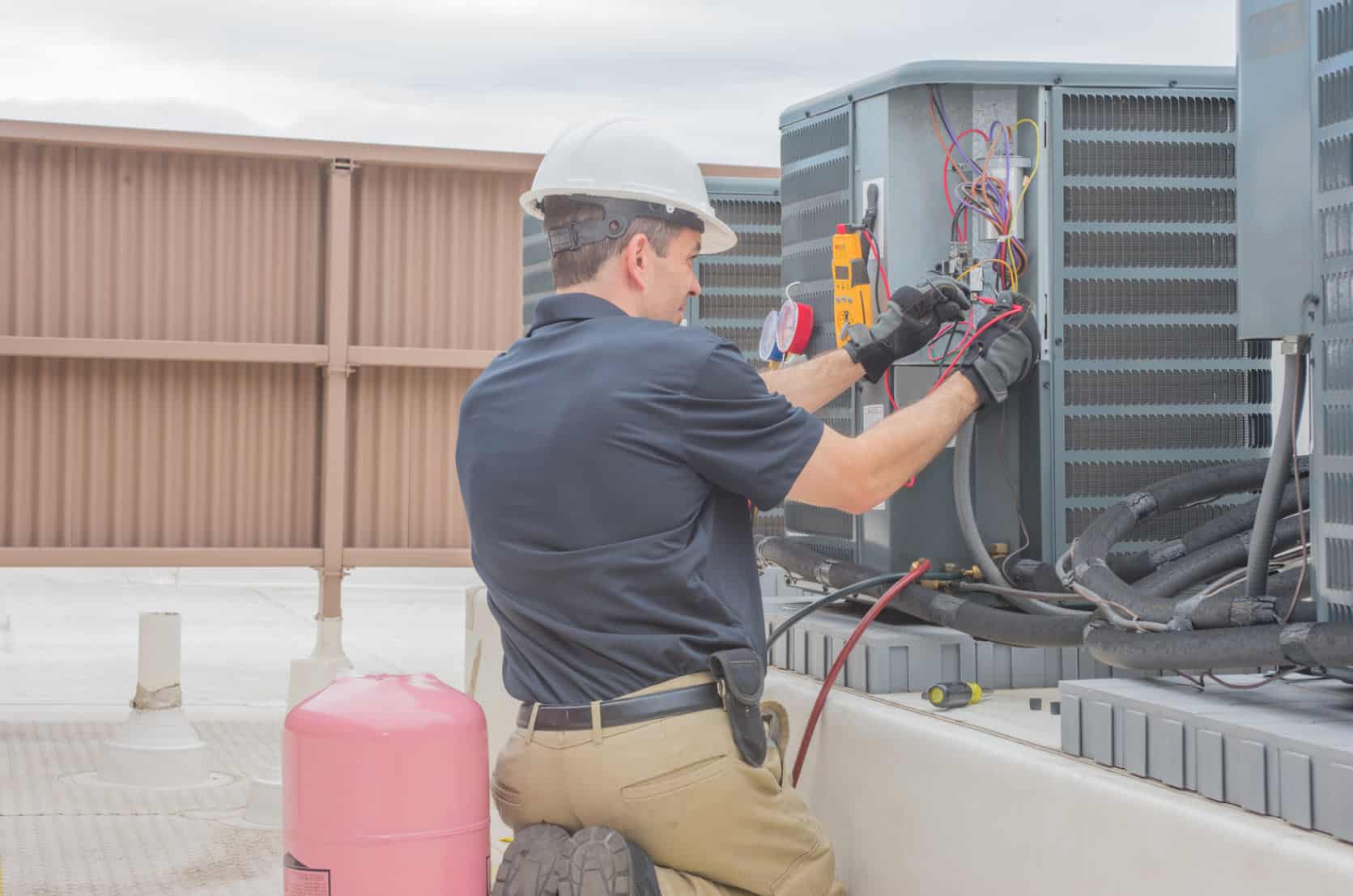
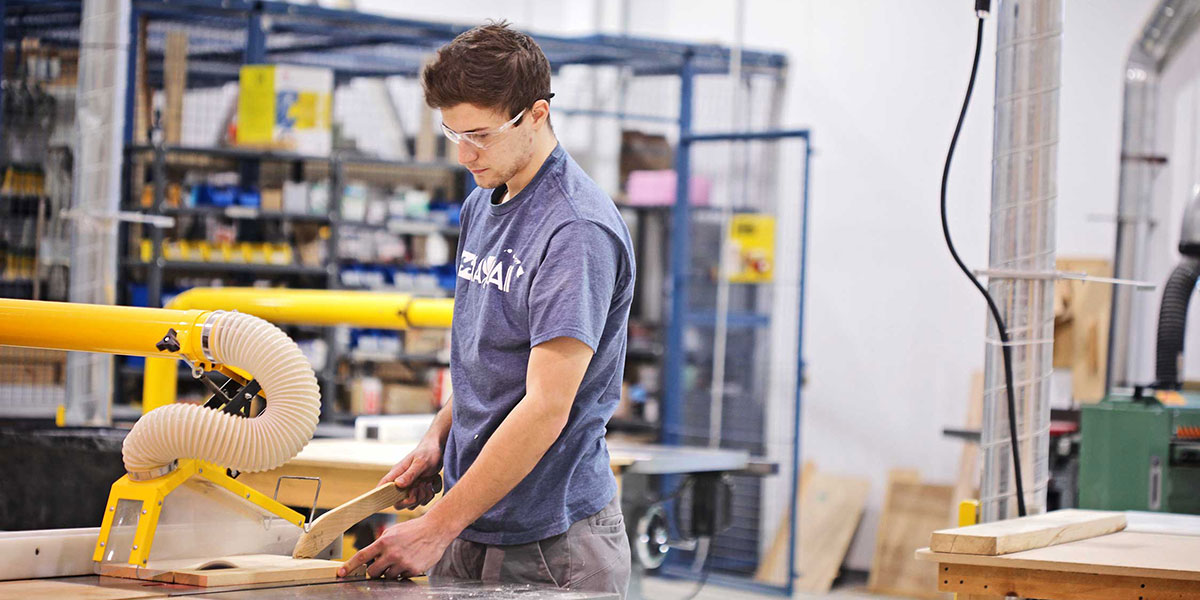
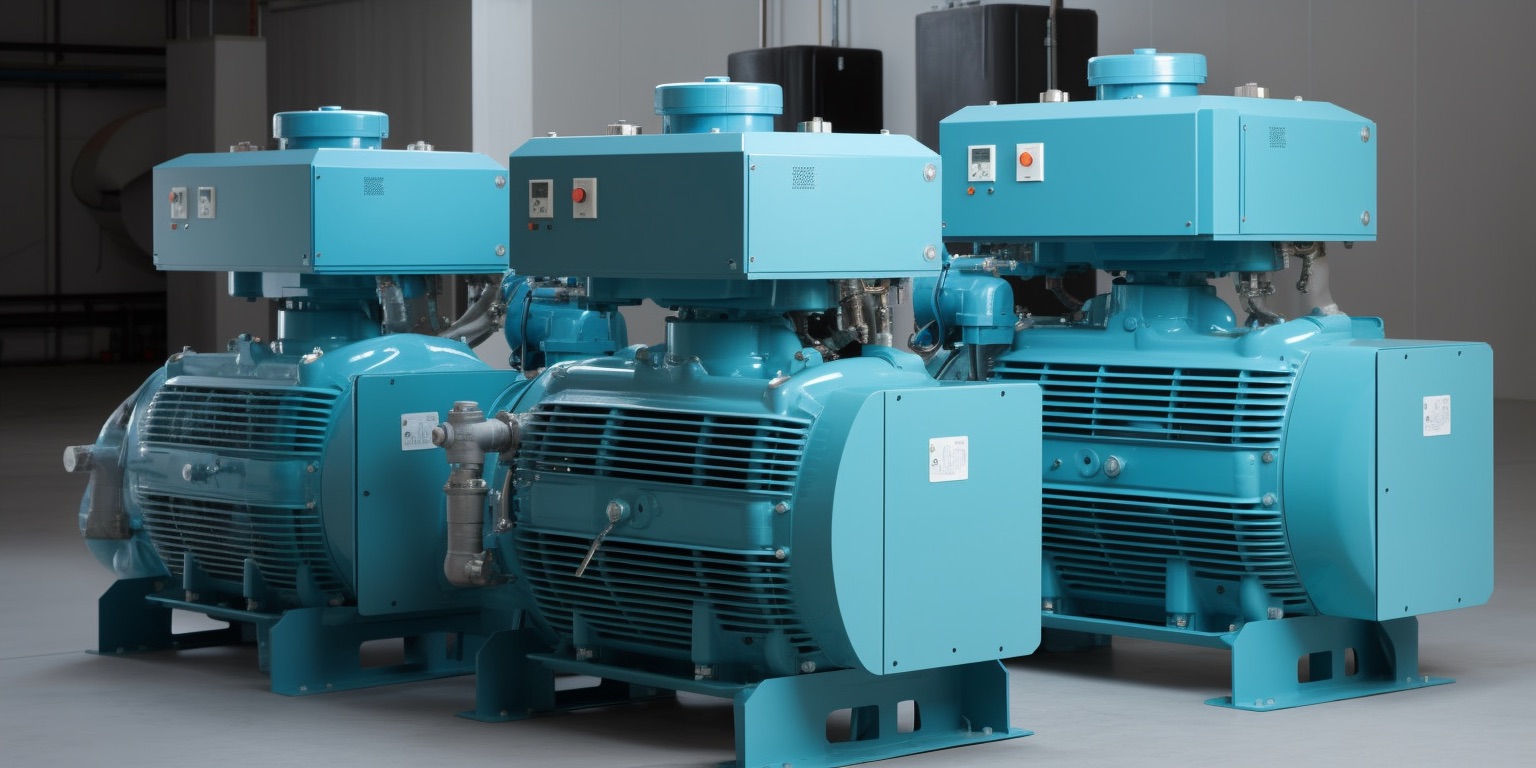
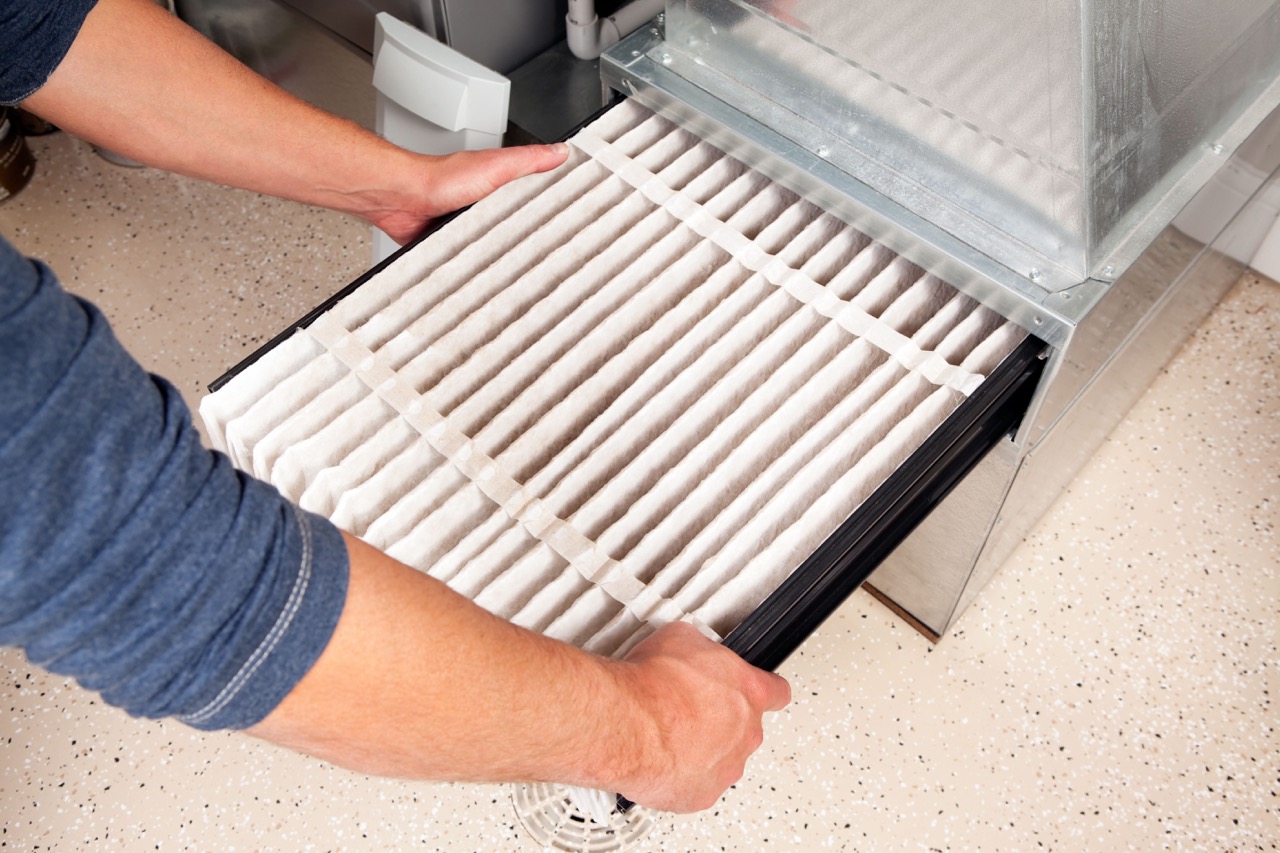
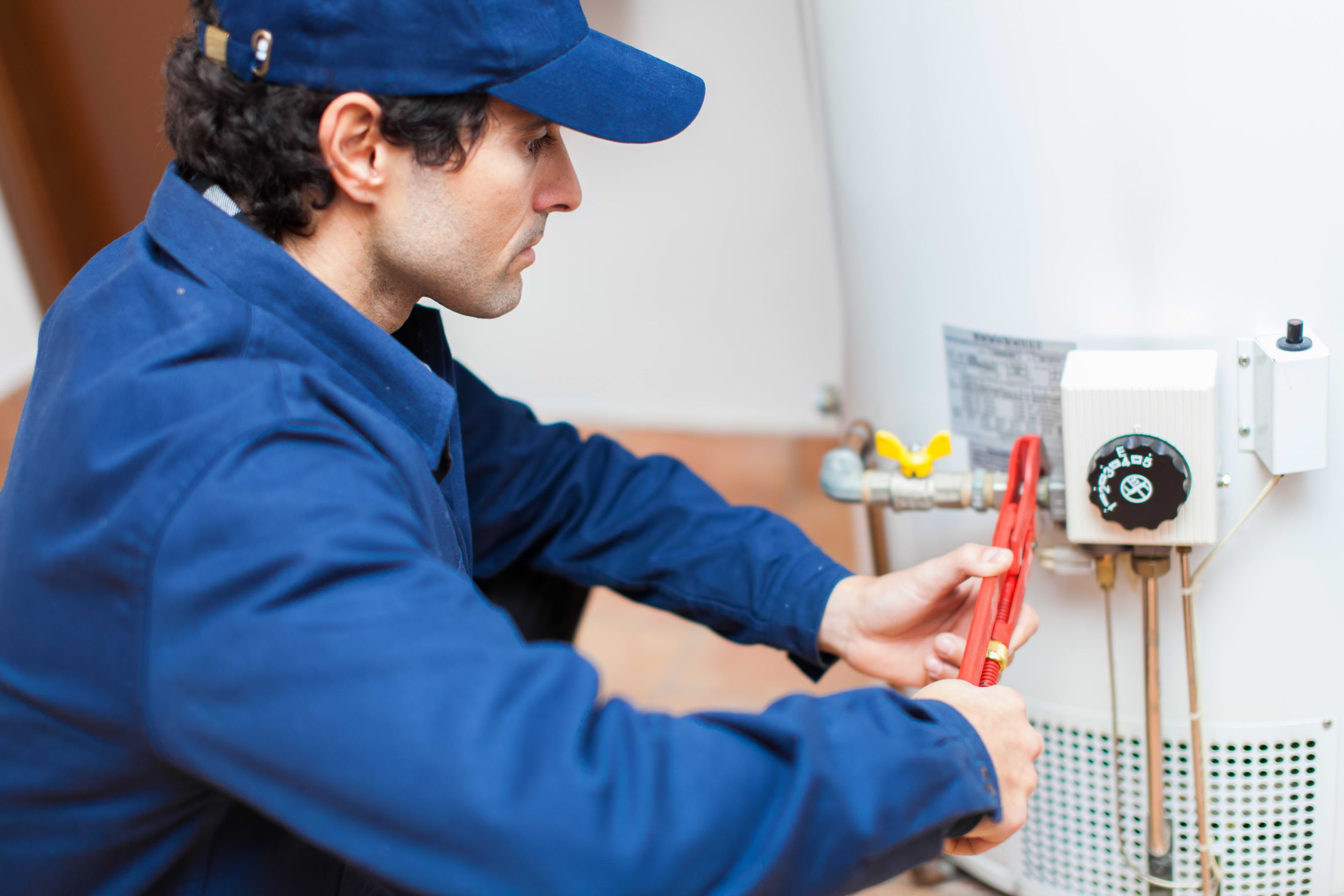

0 thoughts on “How Much Do Commercial HVAC Technicians Make”